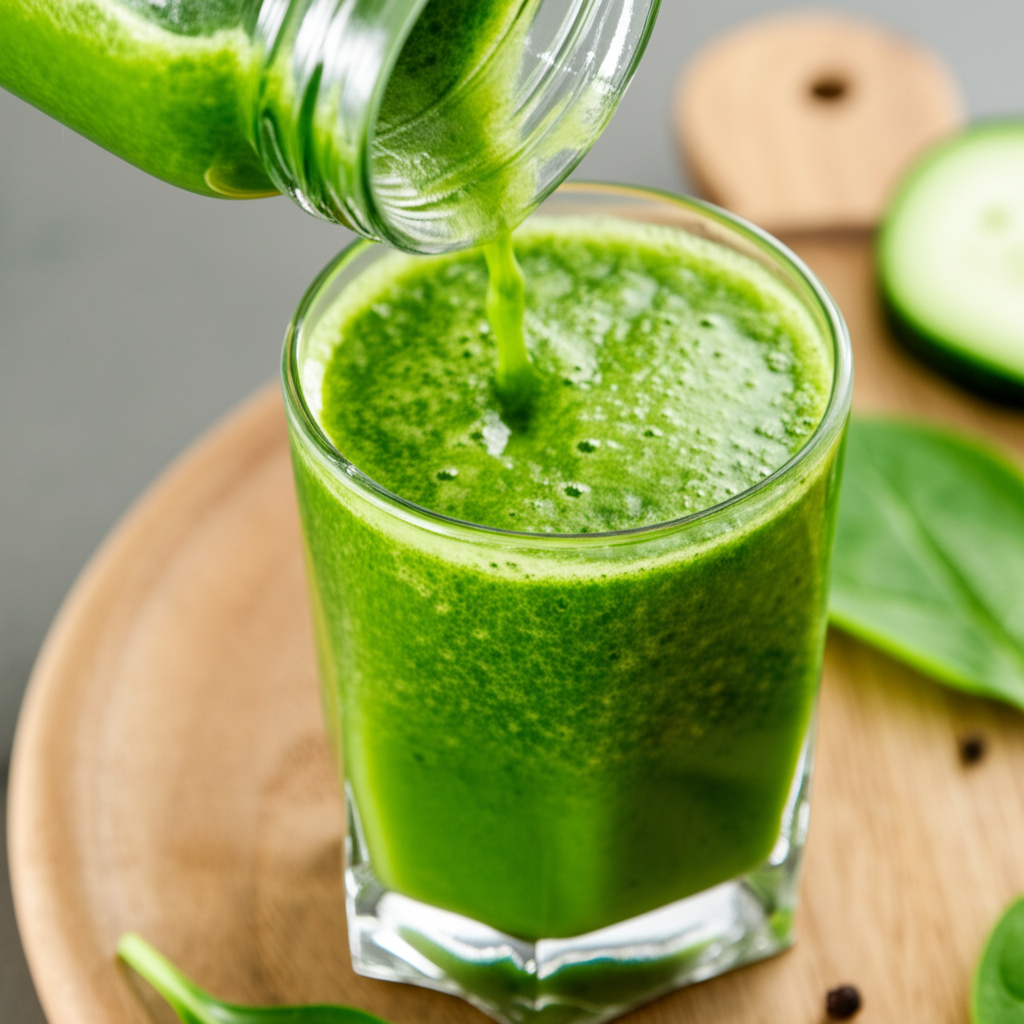Advanced Techniques for Natural Blood Pressure Reduction
High blood pressure is a prevalent health concern affecting millions globally. In the United States alone, the American Heart Association estimates that approximately one in three adults suffers from hypertension. Addressing this widespread issue requires effective strategies to lower blood pressure naturally, minimizing reliance on medication and promoting overall well-being.
The human body contains approximately 5 liters of blood, which circulates to nourish cells. High blood pressure occurs when the body retains excess fluid, exceeding the normal blood volume. This excess fluid places undue pressure on arterial walls, leading to potential complications. Hypertension is a major contributor to heart attacks and kidney damage. The kidneys are particularly vulnerable to the effects of sustained high blood pressure, potentially leading to dialysis. Often called the silent killer, hypertension can progress without noticeable symptoms until a critical event occurs.
Proven Methods for Lowering Blood Pressure
Several evidence-based approaches can effectively help lower blood pressure by addressing fluid retention and promoting cardiovascular health.
Hydration: Adequate water intake is crucial. When the body is dehydrated, it releases vasopressin, a hormone that constricts blood vessels and elevates blood pressure. Consuming enough water helps regulate this process. A general guideline is to divide your weight in kilograms by 7 or your weight in pounds by 16 to determine the number of 8-ounce glasses of water needed daily.

Diet: Adopting a balanced dietary approach can significantly impact blood pressure. A dietary strategy emphasizes reducing refined carbohydrates, such as potatoes, white flour, white rice, and sugary treats. These foods trigger insulin production, which in turn causes the kidneys to retain sodium, contributing to elevated blood pressure.
Limit Red Meat, Fats, and Salt: Red meat, particularly pork, contains purines, which can constrict blood vessels and raise blood pressure. Reducing intake of these substances, along with limiting saturated and trans fats and salt, is crucial, especially for individuals with sensitive nervous systems.
Magnesium Supplementation: Magnesium aids in relaxing muscles and blood vessels, promoting lower blood pressure. Supplementing with magnesium to bowel tolerance, which is determined by any loose stool, can be beneficial.
Potassium Intake: Potassium works synergistically with magnesium to regulate blood pressure. Many individuals do not consume enough potassium, which is essential for maintaining healthy blood pressure levels.
Green Vegetable Juices: Incorporating two green vegetable juices daily can provide a concentrated dose of magnesium, potassium, and other minerals that support healthy blood pressure. Opt for green leafy vegetables like spinach and cucumber in juice form.

Deep Breathing: Practicing deep breathing exercises can activate the parasympathetic nervous system, promoting relaxation and lowering blood pressure.
Grounding: Connecting with the earth by walking barefoot on grass or soil allows the body to absorb electrons, which may help neutralize electrical imbalances and reduce blood pressure. Aim for 15-20 minutes of daily grounding.
Weight Management: Weight loss can significantly lower blood pressure, particularly for individuals with excess abdominal fat, which often indicates a fatty liver.
Minimize Exposure to Toxic People: Reducing contact with negative or stressful individuals can help lower blood pressure by minimizing emotional stress.
By implementing these strategies, individuals can take proactive steps to manage their blood pressure naturally and improve their overall health.



